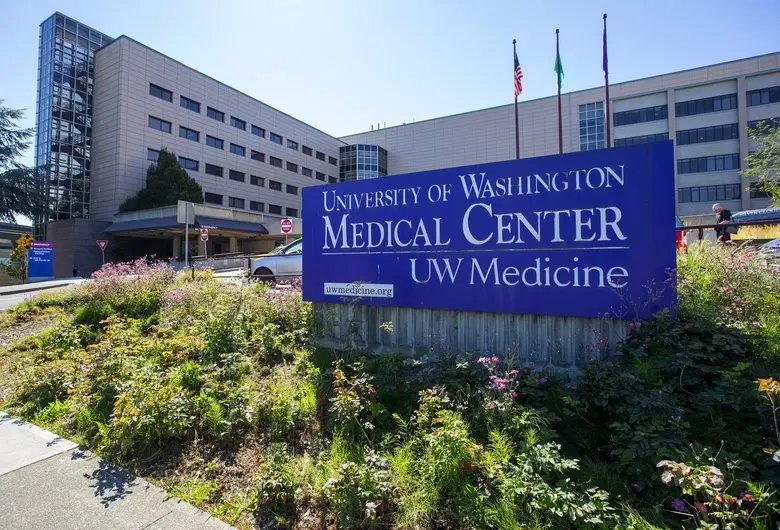
美国华盛顿大学医学院博士后职位–分子/细胞生物学和生物化学方面
Washington University School of Medicine in St. Louis, MO, USA
Postdoctoral Position in Interorgan crosstalk in health and disease
The Herrlich Lab @WashU investigates mechanisms of interorgan crosstalk (interorgan communication).
www.herrlichlab.org@HerrlichLab
How does injury to one organ turn into a systemic problem with multiorgan failure driven by systemic remote organ inflammation?
We are using secondary organ complications induced by tissue injury (e.g. by ischemia, infection) as a model system to study systemic or remote organ inflammation in multiorgan failure. However, we are necessarily also interested in normal physiological communication between organs.
BACKGROUND: Tissue injury, such as acute kidney injury (AKI), often leads to systemic remote secondary organ complications, for example acute lung injury (ALI) with respiratory failure or myocardial infarction and shock. It is these secondary organ complications and multiorgan failure that cause high morbidity and mortality due to lack of mechanistic understanding and therapeutic strategies. This is also evidenced by the recent COVID-19 pandemic. Here, tissue injury is first primarily in the lung, but in at least 30% of cases acute kidney injury occurs secondarily, with very high mortality. The interorgan crosstalk we study is thus bi-directional, but not necessarily involving the same crosstalk mediators in either direction. We do therefore also study primary lung injury and its secondary consequences.
Recently, we identified kidney injury-released circulating osteopontin as a causal agent of respiratory failure.
https://www.science.org/doi/10.1126/sciadv.abm5900.
https://febs.onlinelibrary.wiley.com/doi/10.1002/1873-3468.14262
TOOLS: We use mouse models of tissue injury or infection, bone marrow and organ transplantation, scRNAseq, transgenic mice, cell culture models, and human samples for our studies.
REQUIREMENTS: The ideal candidate must hold a recent PhD or MD or MD/PhD degree (or anticipate such a degree prior to starting the postdoc) and have prior publications.
The ideal candidate would have a strong background in molecular/cellular biology and biochemistry. Experience with the handling of mice would be preferred but is not essential.
The position is immediately available.
SALARY AND LOCATION: Salary is NIH scale + benefits. St. Louis is a wonderful, affordable, and family friendly city with many excellent cultural activities and institutions (symphony, Jazz STL, FOX theatre musicals, art museum, free (!) zoo, botanical garden, and the incredible city museum, to name only a few attractions). Here you can actually live in a house or comfortable apartment close to work on a postdoc salary!! According to USNews Washington University School of Medicine ranks #11 in Best research of US Medical Schools overall. Many of its medical departments and subspecialties, as well as its biological sciences research departments, rank within the top 10 nationally. https://www.usnews.com/best-graduate-schools/washington-university-in-st-louis-179867/overall-rankings
APPLICATION: To apply please submit a letter describing your interests, CV and contact info for three references to Andreas Herrlich MD PhD: aherrlich@wustl.edu













